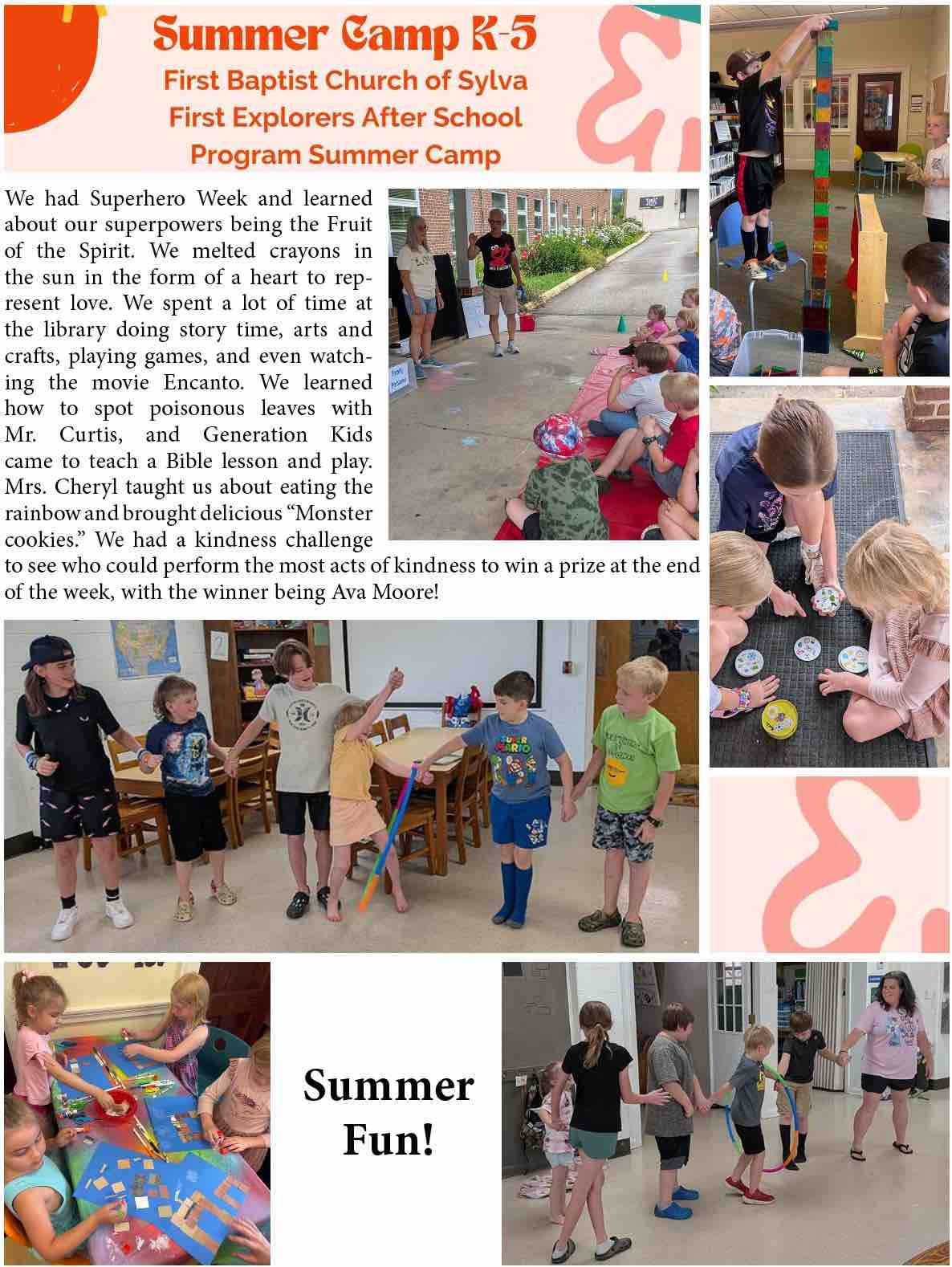Meg Lacy
Staff Chaplain, Children’s Medical Center, Dallas, Texas
“Poetry is a natural medicine; it is like homeopathic tincture derived from the stuff of life itself—your experience.
“Poetry is simply speaking truth. Each of us has a truth as unique as our own fingerprints. Without knowing that truth, without speaking it aloud, we cannot know who we are and that we are already whole. In the most profound way, speaking our truth allows us to know that our life matters… that our suffering, our joy, our fears and our hopes are important and meaningful. One of the best kept secrets in this technically oriented culture is that simply speaking truth heals.”
—John Fox, Poetic Medicine
Over the past few years, I have experienced several significant changes in both my personal and professional life. I have shifted from serving a local church, to becoming trained as a pediatric hospital chaplain. I have made not one, but two cross-country relocations. I have navigated changes in my personal and family relationships. Even my day-to-day schedule and responsibilities are quite different than they were just a few years ago.
One of the things that has helped me stay (mostly) grounded in the midst of all this transition is poem-making. I say poem-making, rather than poem writing, because I am not talking about writing poetry in the traditional sense, in which the goal is to create a beautiful piece of art to share with the world. Poem-making, in contrast, is the practice of writing one’s story, exploring one’s feelings, experiences, hopes, griefs, fears and dreams through the creative process of poetry. The words written may be shared with a close friend or family member, or they may never be shared with another soul. The point is not publication, or elegance. The point is to invite vulnerable reflection and encourage openness to the deep questions and feelings at the core of one’s soul. If I were to name one thing that is saving my life right now, it is poem-making.
I was first introduced to the idea of writing poetry as “medicine” for the soul during my chaplaincy training, through John Fox’s book Poetic Medicine: The Healing Art of Poem-Making. My fellow chaplain residents and I were encouraged to read and write our way through each chapter, using the poems and prompts within as a launching pad for our own writing, to engage with the beliefs, stories, pains and hopes that make up our lives.
This assignment was twofold. First, as budding spiritual caregivers, it was intended to help us understand our own stories at a deeper level so we could use our stories to connect with those we encounter in the hospital each day. Second, it was a way to teach us about the process of emotional and spiritual healing and how creativity can be a conduit for our wholeness.
For me, poem-making is a deeply spiritual practice. Poem-making helps us listen to ourselves and reflect on our stories. It helps us touch our pain, and also our strength and resilience. It helps us invite God into the places within that need healing, and to pay attention to God’s presence and movement in our lives. And it often brings joy and surprise when words of wisdom and truth come spilling out onto the paper that we didn’t even know we had in us.
Pray, Practice, Ponder
Read the following poem by Carrie Newcomer. As you read, listen for the line or phrase that stands out to you. Then use this line to start your own poem—penning a few words with your thoughts and feelings today, exploring why this line resonated with you or how it connects with your story. Remember, your words need not be eloquent. Just honest. Use your poem to invite God into the hidden places within your soul.
I’m Learning to Sit with Not Knowing
Carrie Newcomer, Until Now: New Poems
I’m learning to sit with not knowing.
Even when my restless mind begins jumping
From a worried
What next?
To a frightened
What if?
To a hard edged and impatient
Why aren’t you already there?
I’m learning to sit and listen,
To pat myself on the knee,
Lay my hand on my heart,
Take a deep breath,
And laugh at myself.
To befriend my mistakes,
Especially the ones,
That show me how
I most need to change.
I’m learning to sit with whatever comes
(Even though I’m a planner).
Because so much of this life
Can’t be measured or predicted.
Because wonder and suffering visit
When we least expect
And rarely in equal measure.
I’m learning to sit with
What I might never know
Might never learn,
Might never heal.
I’m learning to sit with
What might waltz in and surprise me,
Might crash into my days,
With unspeakable sorrow
Or uncontainable delight.
I’m learning to sit with not knowing.





